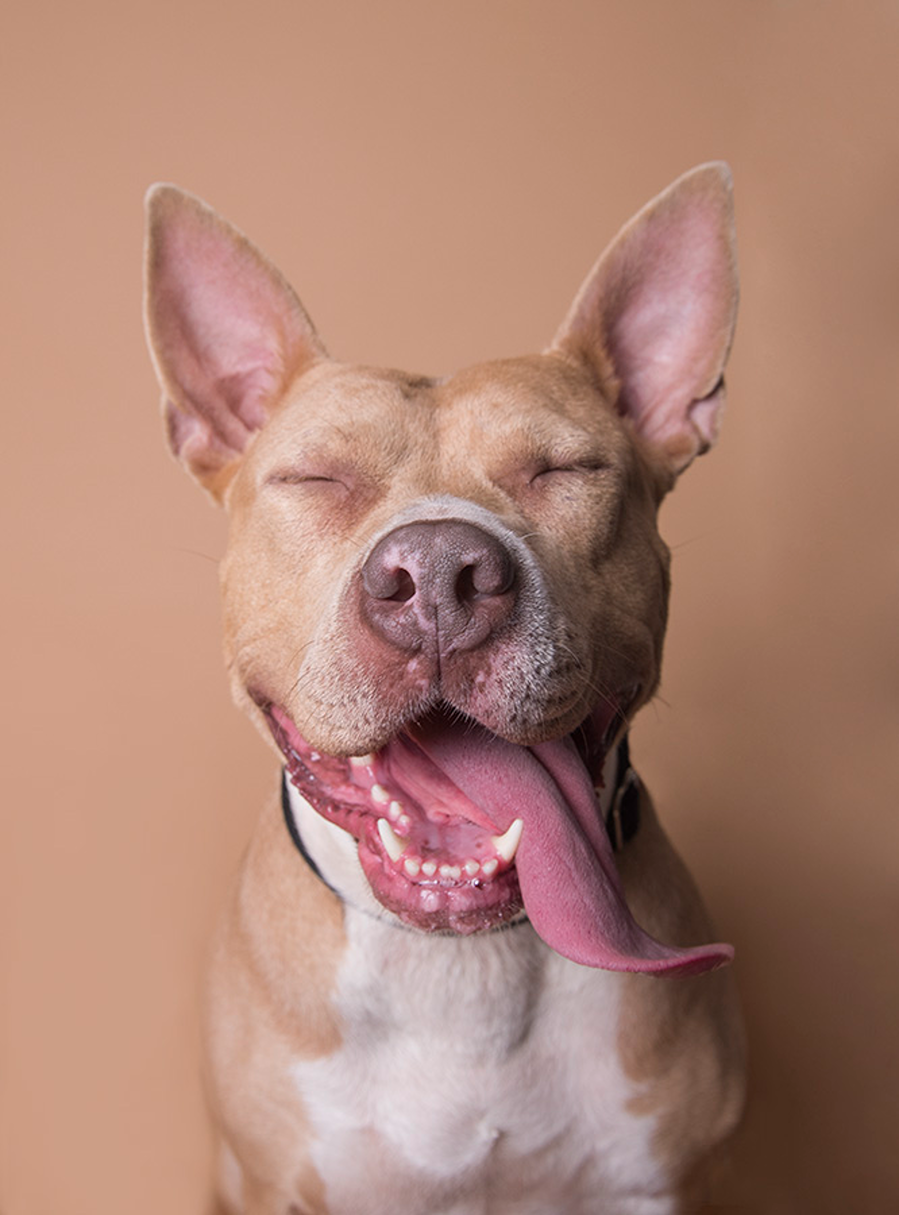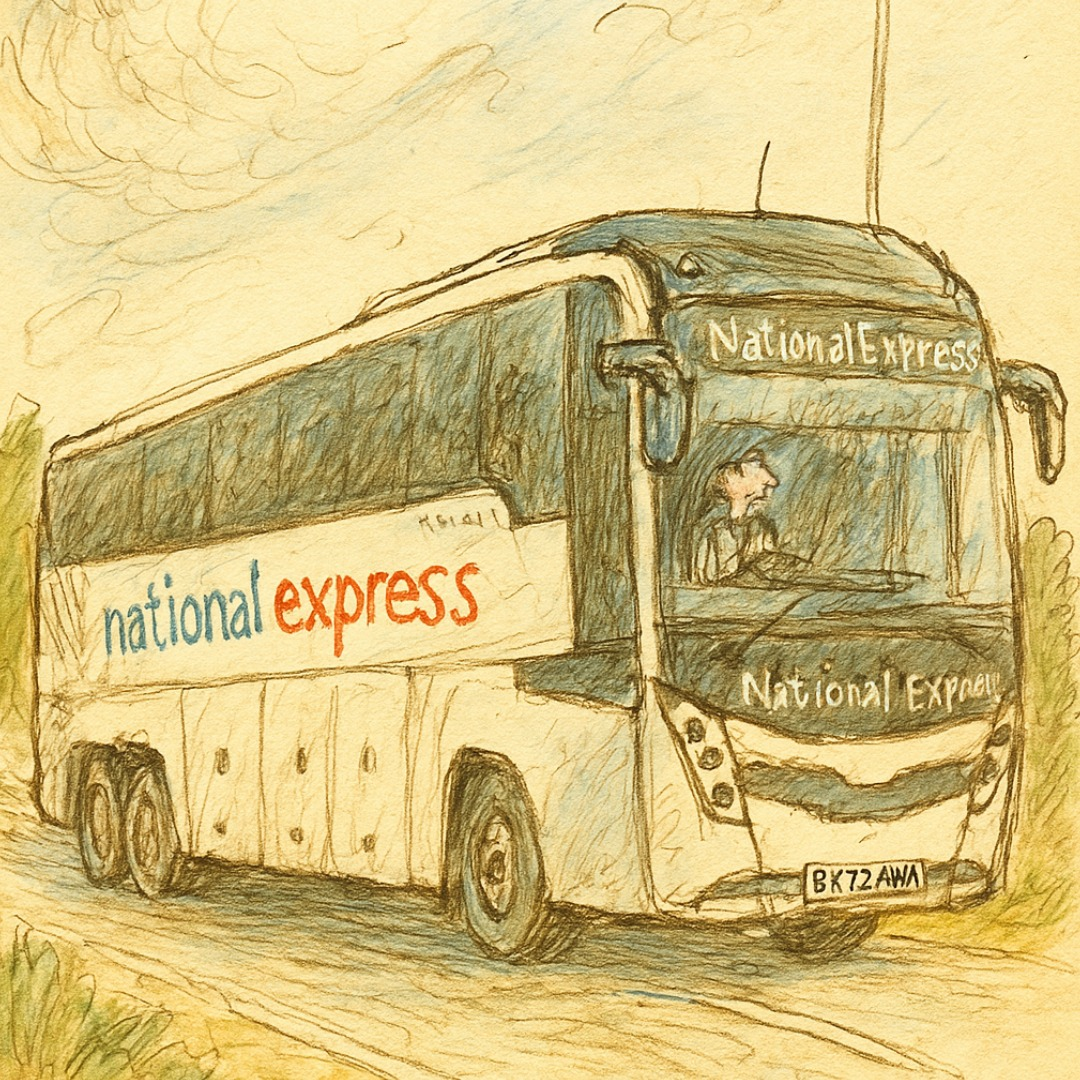How to Prevent Oil Spills (England and worldwide)

Until we have an oil-free economy, it’s good to know how to prevent oil spills, and what to do if one occurs (even sunken ships can leak oil into the sea). Just one litre of spilled oil can pollute one million litres of seawater.
Fishermen, sailors, and beachgoers can spot oil early. Report oil spills to Marine Management Organisation.
But oil spills are not just from boats. There are a few things that we can do in daily life, to help prevent them:
Choose Waterless Car Washes
Waterless car wash liquid is now on sale most places, and there are also car washes that offer waterless car wash services. These wash and polish cars at the same time, and leave no scratches.
This is because although they look harmless, washing cars on driveways (or at those supermarket car washes) send untreated oily water down drains, and into the sea. This causes thousands of ‘mini oil spills’, that together are as bad as one major leak from a tanker.
Never Pour Cooking Oil Down Drains
East Sussex Wildlife Ambulance Service (which often has to help oiled birds) says that often birds that end up in their care, are covered in cooking oil that has been poured down drains, and found its way to the sea.
You can wrap and bin tiny amounts of cooking oil in kitchen roll. For larger amounts, use an oil-recycling container, which you can then take to recycling centres (or arrange collection) for disposal.
Better yet, visit Argos and buy an air-fryer (by law, it has to take back your old appliance, so give them your old chip fat fryer for recycling – England’s biggest cause of kitchen fires).
The same applies for creamy liqueurs (like Baileys). These should never be poured down sinks. Drink them up instead!
Choose Reusable Over Disposable
Plastic is made from oil. So try to choose reusable over disposable (straws, bottles, coffee cups, grocery bags etc). The less disposable plastic is bought, the less profits for the oil industry.
Be an Oil-Responsible Boater
The Green Blue has tips to prevent oil (and antifreeze) pollution for boaters. This includes only filling the tank to 90% of capacity, using oil-absorbent pads in bilges, and not using soaps to disperse spills (illegal). Read our post for sustainable sailors.
Palm Oil Washing Up On Beaches
Palm oil (from the fruit oil of palm trees) can end up on beaches, due to ship crews flushing out residue (or transporting for the food and beauty industries), which solidifies into ‘big chunks of wax’, especially in England’s cold sea waters.
Palm oil is dangerous to dogs (read more on keeping dogs safe by the seaside).
HMS Coastguard has more info on palm oil. If you see any, keep yourself and dogs away, and report to your council, and dial 999 and ask for the Coastguard, who can identify it and begin clean-ups.
Help Birds and Creatures in Oil Spills
Oil-covered birds will try to preen oil off, which causes them to ingest more. Oil must be removed to stop birds drowning or freezing.
If you find a creature covered in oil, don’t touch or chase them. Instead note the location and call for expert help:
- The coastguard and RSPCA
- Your local environment agency
- British Divers Marine Life Rescue (for mammals)
- For illegal oil dumping, contact National Wildlife Crime Unit (or Crimestoppers to be anonymous). You can also notify Animal Crimewatch.
Hair booms can help to soak up oil in spills, using donated cut hair from salons worldwide. This is because hair soaks up oil. But they are only good for shallow water (in deep water, they sink).






